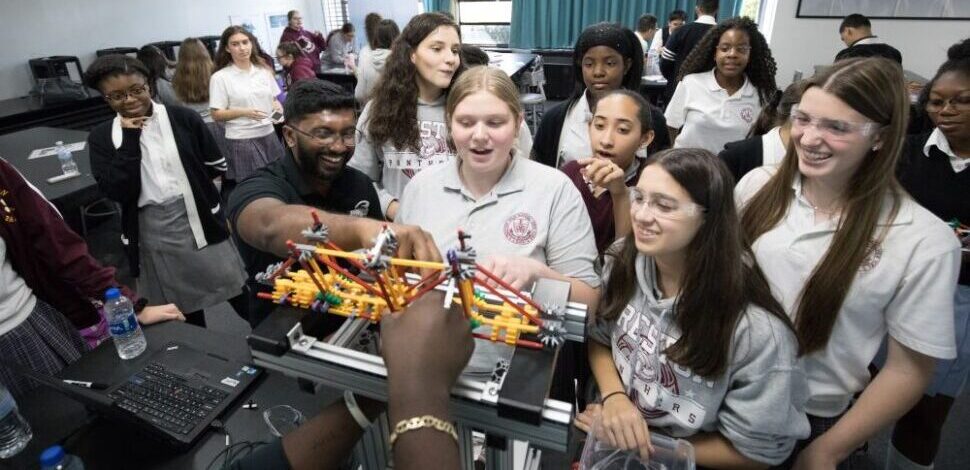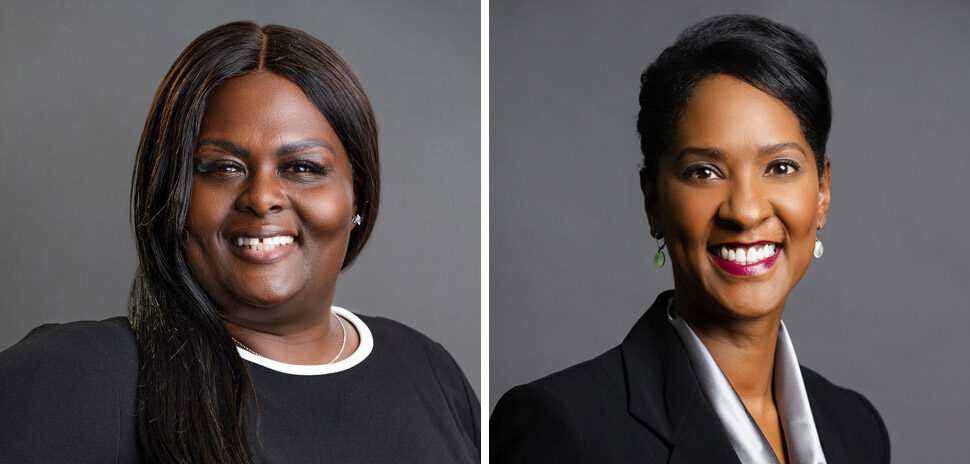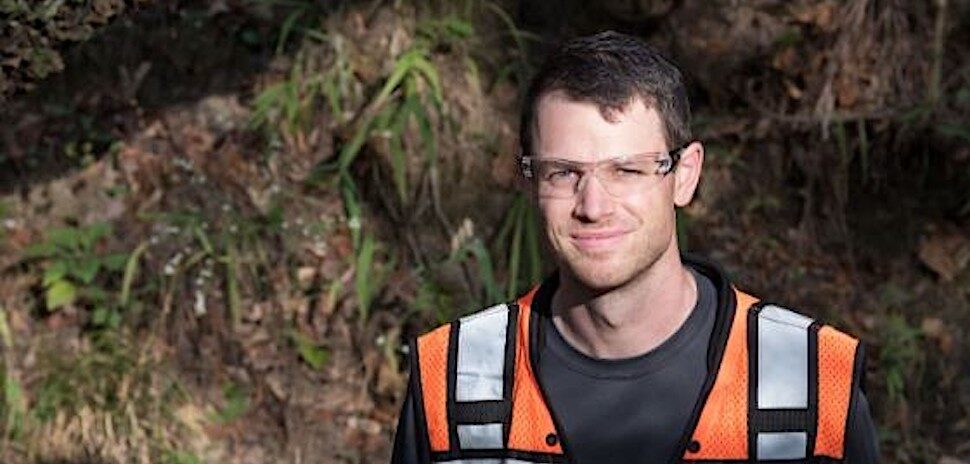A national nonprofit dedicated to increasing awareness and hands-on exploration of the world of engineering is boosting its presence across Texas this spring, starting with two virtual labs open to high school students across the state.
It’s called Engineering Tomorrow, which is free to participants, with all equipment and supplies provided at no charge.
“In addition to Texas’ strong engineering foothold through its oil, aerospace and aviation, manufacturing, and information technology industries, it’s evident we need to be exposing the state’s students to the array of opportunities waiting to be uncovered,” Dr. Timothy J. McNiff, executive director of Engineering Tomorrow, said in a statement. “Of the students who have participated in an Engineering Tomorrow lab, 25 percent go on to declare engineering as their major their freshman year of college. Of those students, 40 percent are minority and 26 percent are female.”
Engineering Tomorrow labs are guided by a team of professional engineers and are designed to introduce high school students to a variety of career paths and the multifaceted, impactful applications engineering has in our everyday lives.
Engineers wanted: Texas ramping up STEM jobs
More than 115,000 students across all 50 states have been reached through 208,000 Engineering Tomorrow labs to date. More than 36 Texas high schools have participated in labs.
According to labor projections, the Texas Education Agency said Texas is expected to have the second-highest percentage of the nation’s future STEM jobs, making access to engineering insights and experiences even more crucial for high school students looking ahead to collegiate areas of academic study.
The program brings together a network of professional engineers and college students currently majoring in the field and working with high school teachers across multiple course subjects. The nonprofit said it aims to foster diversity and ignite interest in the next generation of engineers.
Engineering Tomorrow said that teachers can get their classrooms involved in two ways: by signing up to attend a virtual special lab event or scheduling their own self-paced virtual lab.
Hands-on labs led by engineering’s brightest leaders
Engineering Tomorrow’s free virtual special lab events give students the ability to learn from and ask questions to leading industry experts.
Each event is live-streamed from 10 a.m.– 2 p.m. and consists of an introduction to the topic, a lab challenge, Q&A with collegian from the nation’s top universities, and a keynote from some of engineering’s brightest leaders.
After a teacher signs up, Engineering Tomorrow provides all accompanying materials at no cost to the schools, teachers, or students.
On Tuesday, for example, Milton Davis, Space Vehicle Manager at NASA, led a Space Vehicles special lab event where students will create their own rocket that successfully counteracts its gravitational weight and launches to the ceiling.
On April 24, Telva McGruder, chief diversity, equity, & inclusion officer at General Motors, will lead an Electric Vehicles special lab event where students will build an electric vehicle using a solar cell to charge the vehicle’s battery.
“It’s a joy to be part of empowering, motivating, and inspiring the future of engineering,” Davis said in a statement. “The engaging, hands-on experience that Engineering Tomorrow provides goes beyond the textbook — it opens the door to the world of engineering to a diversity of perspectives, which will ultimately strengthen our industry as a whole.”
Taking learning to the next level
High school teachers also can integrate Engineering Tomorrow with their current curriculum when signing up for the variety of labs for students. From 3D printing to aerodynamics to robotics, each purpose-driven lab simulates a real-world scientific and engineering challenge and comes equipped with virtual presentations, student workbooks, and teacher guides.
For example, in the Machine Learning lab, students deploy the engineering design process to construct their own catapult and develop a mathematical model to predict the distance an object will fly when launched. The accompanying workbook explores the impact of machine learning in our daily lives.
“This expansion into Texas allows me to give my students exposure to experiences they wouldn’t traditionally have access to,” one high school teacher in the Houston area said. “The hands-on aspect of Engineering Tomorrow takes learning to the next level.”
To register for lab events, go here.
![]()
Get on the list.
Dallas Innovates, every day.
Sign up to keep your eye on what’s new and next in Dallas-Fort Worth, every day.


































































